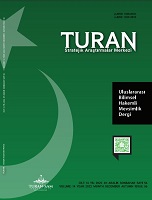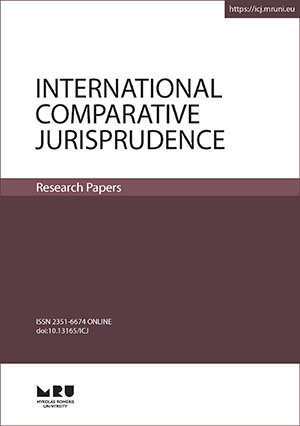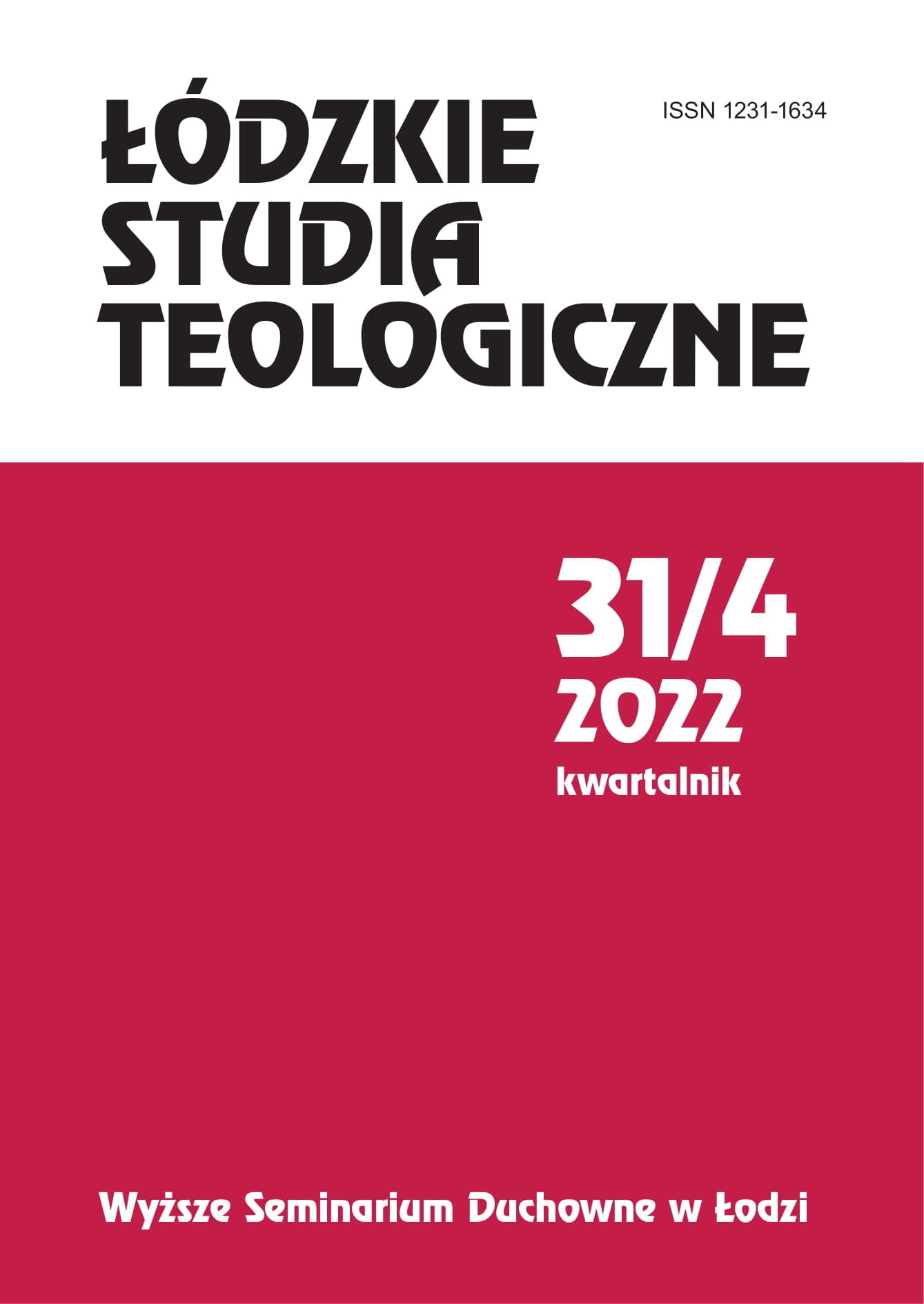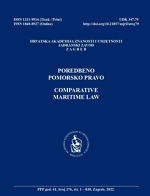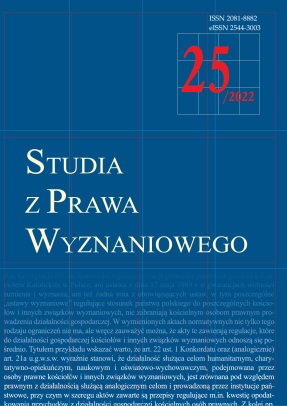
Sukcesja majątkowa i doktrynalna w przypadku ustawowego uregulowania sytuacji prawnej rejestrowego związku wyznaniowego – wprowadzenie do badań
Changing the legal basis for the functioning of a religious organization from an entry in the register of churches and other religious organizations to a law regulating the legal situation of this entity has not been regulated in Polish law. This entails various risks. In particular, the resultant modification of the range of legal persons of a religious organization may lead to harm to third parties. While a new law is being discussed, persons in charge of a given religious organization may also change its doctrine without ensuring compliance with Polish law. Accordingly, it is advocated that provisions be introduced to regulate the procedure for transitioning a religious organization from registration to individual statutory regulation. It is claimed that an important role in this procedure should be guaranteed to the registration authority, whose special task should be to uphold the public interest and ensure security of legal relations.
More...
